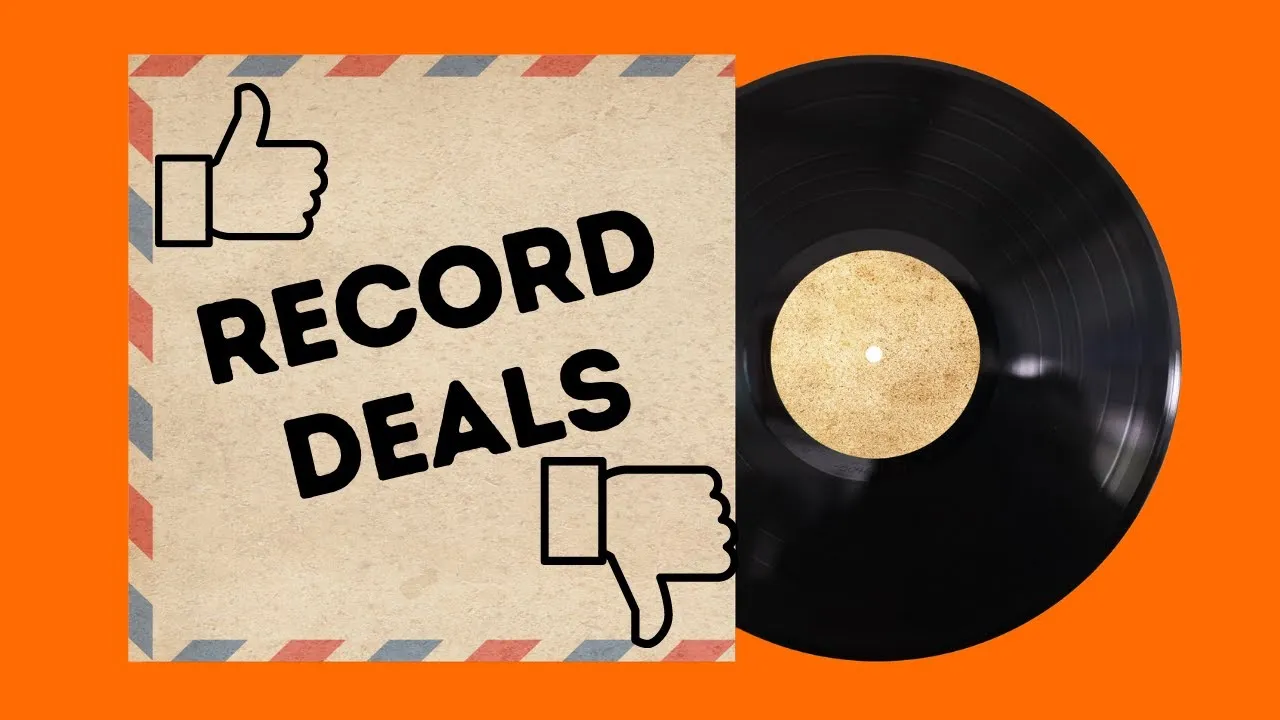
Why Mainstream Radio Won’t Play Unsigned Artists—And How to Win Anyway
Let’s be real—if you’re an unsigned artist dreaming of hearing your track blasting on Hot 97, Power 106, or any major FM station, you might want to sit down for this one. The odds? Not in your favor. The reality? Mainstream radio isn’t built for indie artists, and it’s not because your music isn’t good enough. It’s because the entire system is rigged in favor of the major labels, their deep pockets, and the industry politics that control the airwaves. But don’t trip—just because mainstream radio won’t give you love doesn’t mean you can’t win big on your own terms.
First, let’s talk about why the radio isn’t playing your track, even though it’s just as fire (if not better) than what’s already in rotation. It all boils down to one thing: money. Major radio stations don’t just pick songs because they slap; they pick them because labels pay for those slots. It’s called payola, and while it’s technically illegal, it’s been happening since the dawn of commercial radio. Labels disguise it as “promotional fees,” hiring third-party companies to “suggest” songs for rotation, but let’s not kid ourselves—money talks, and unsigned artists aren’t bringing bags of cash to the table like Universal, Sony, and Warner.
And even if you could scrape together a few stacks to get a little airplay, that’s not enough. The way radio works today, getting played once or twice doesn’t mean anything. Songs are put on rotation, meaning the same 10 to 15 tracks get played over and over every single hour, programmed by corporate gatekeepers who care more about data and ad revenue than breaking new talent. If you’re not backed by a machine that can push your song into heavy rotation across multiple stations, it’s like throwing a single pebble into the ocean and hoping for a tsunami.
Then there’s the fact that mainstream radio isn’t even about breaking new artists anymore. That era is dead. Once upon a time, DJs had the power to take a local hit and turn it into a national phenomenon. Think about how artists like 50 Cent and T.I. bubbled up through mixtapes and underground radio before the majors came knocking. But in today’s landscape, radio isn’t where songs start—it’s where they end up after they’ve already blown up somewhere else. Radio waits for viral success on TikTok, YouTube, or Spotify before even considering adding a song to rotation. They follow trends; they don’t set them anymore.
But here’s the good news: you don’t need mainstream radio to win. In fact, focusing too much on getting airplay is probably a waste of time. The real power is in digital platforms and direct-to-fan engagement. Artists are blowing up every day without ever touching FM radio. You’ve got TikTok making global stars out of bedroom rappers, YouTube creating massive independent followings, and streaming playlists acting as the new gatekeepers. The game isn’t about begging some radio programmer to take a chance on you—it’s about building your own movement so big that radio has no choice but to take notice.
Think about Russ. He didn’t chase radio—he built a fanbase through consistent releases and let his numbers do the talking. Look at Chance the Rapper, who stayed independent, grew a massive following, and made mainstream outlets come to him. Even someone like Ice Spice didn’t start on radio—she caught fire on social media first. The blueprint is clear: go where the people are, not where the gatekeepers are.
So if you’re still hung up on getting radio play, flip your perspective. Focus on making music that connects with people on-demand, not waiting for some faceless exec to bless your track with 30 seconds of airtime at 2 AM. Create dope content, engage with your fans, get your music on Spotify playlists, work the indie radio circuit, and use social media virality to your advantage. By the time mainstream radio catches up, you won’t even need them anymore.
And when your song finally does hit the airwaves? You’ll already be winning without them.









